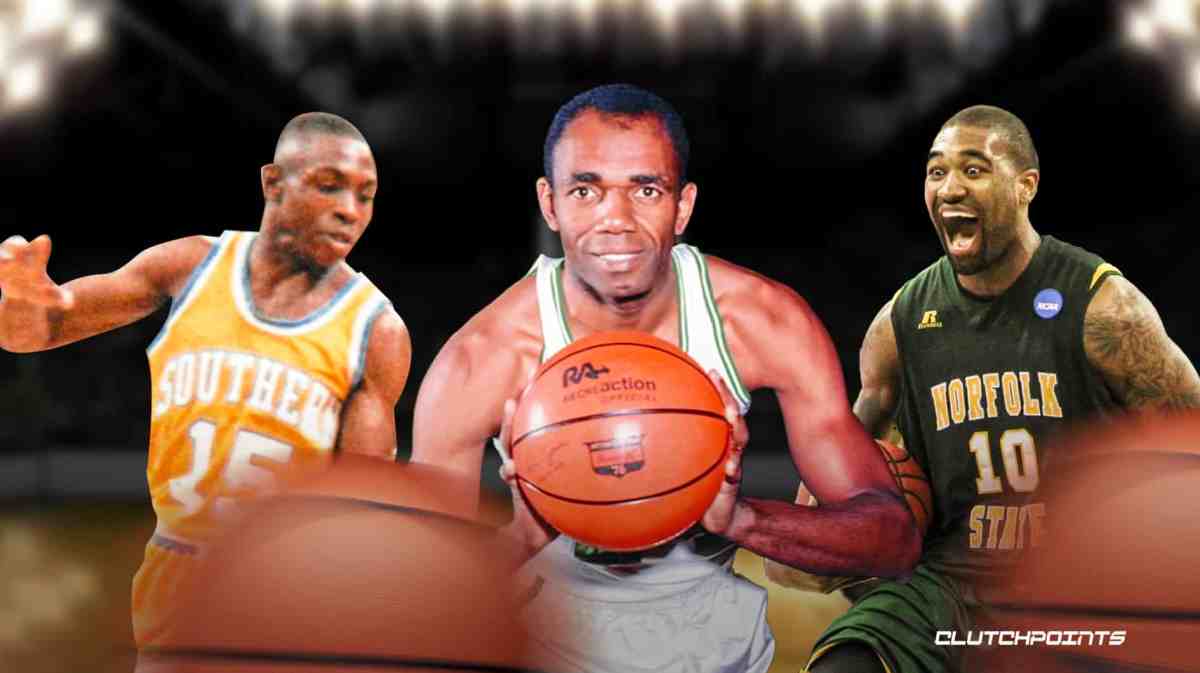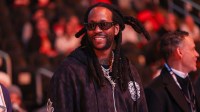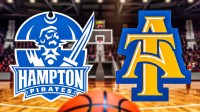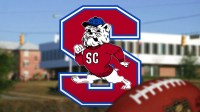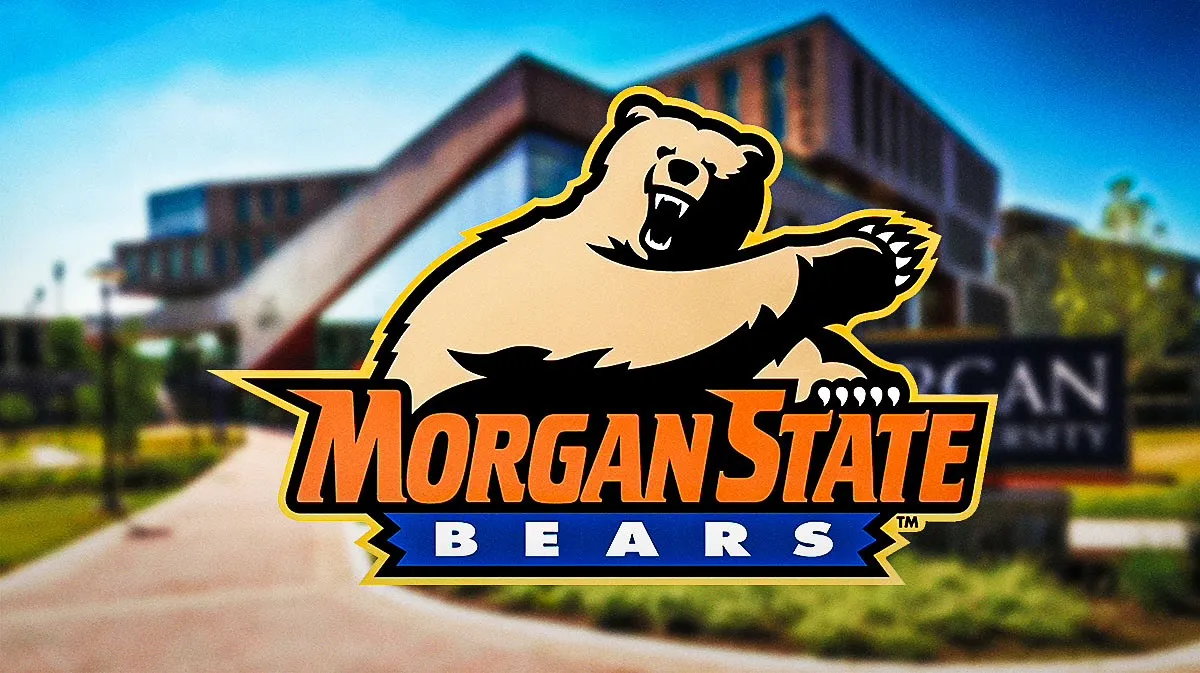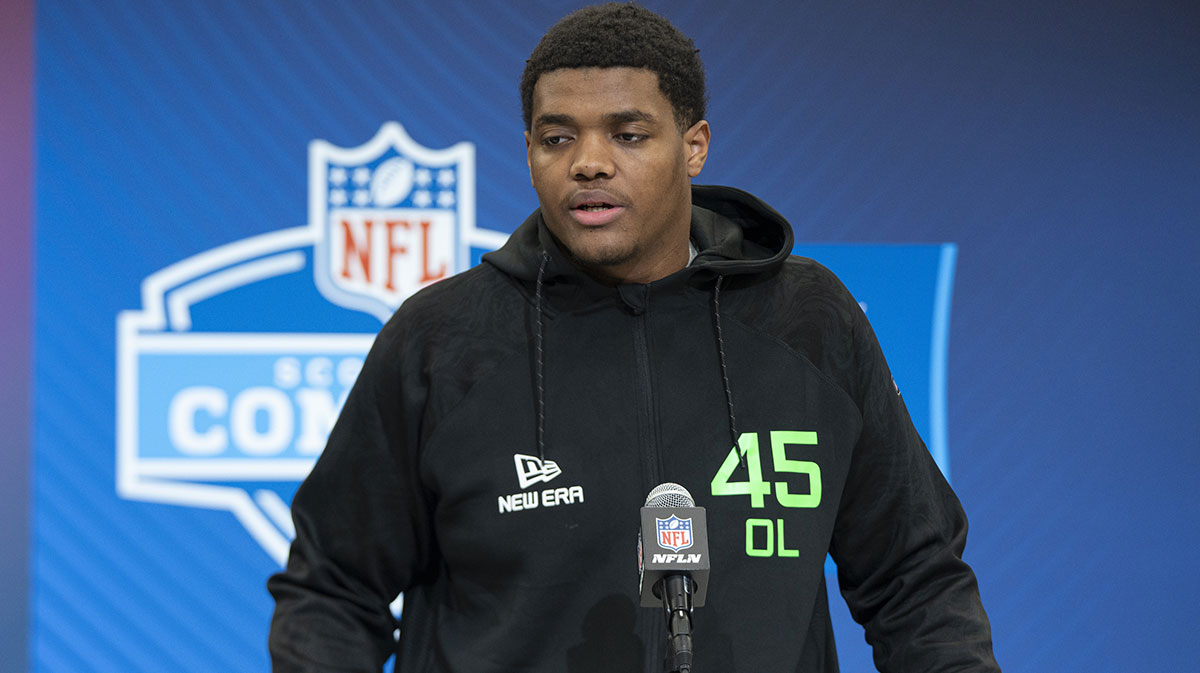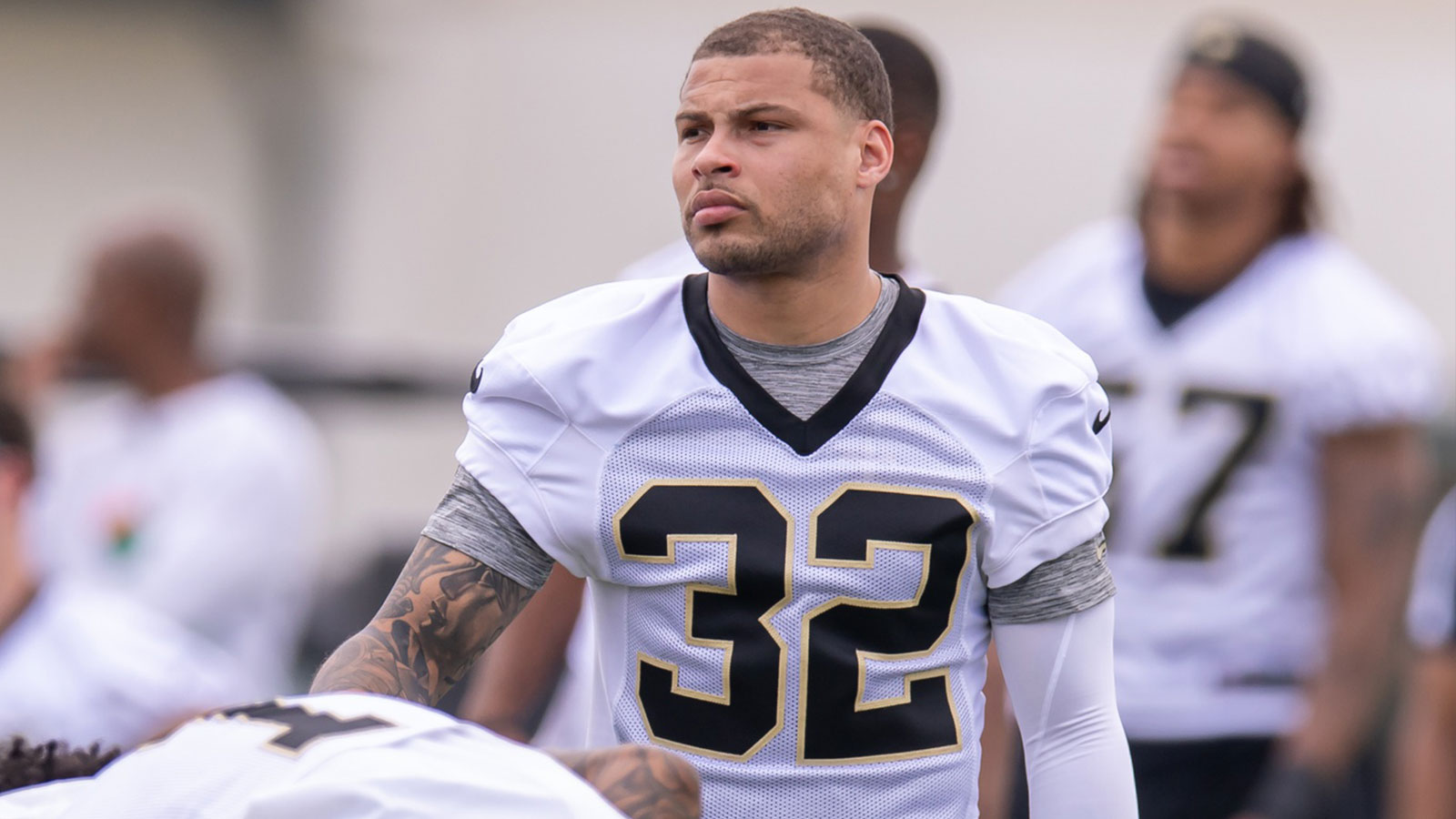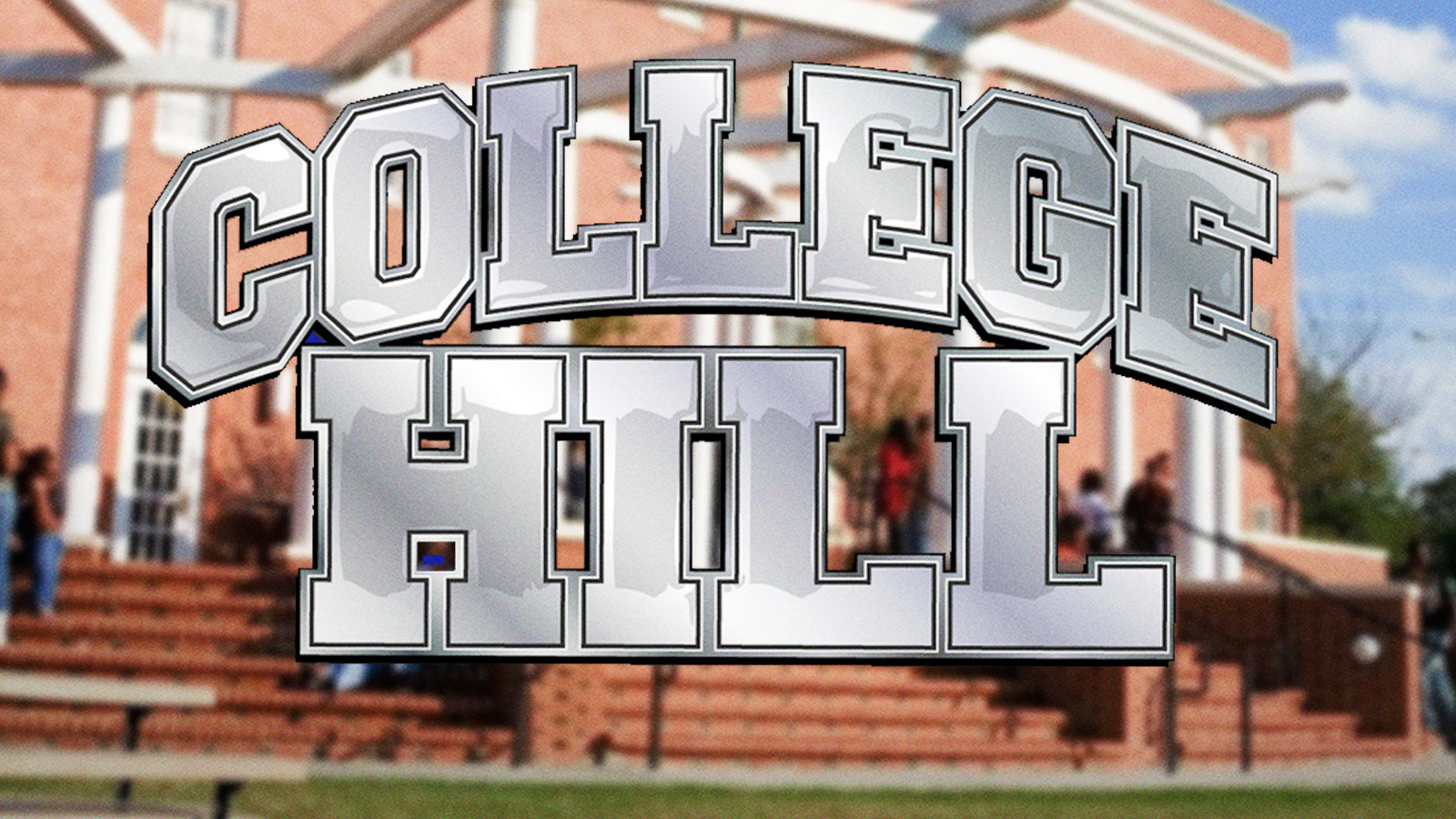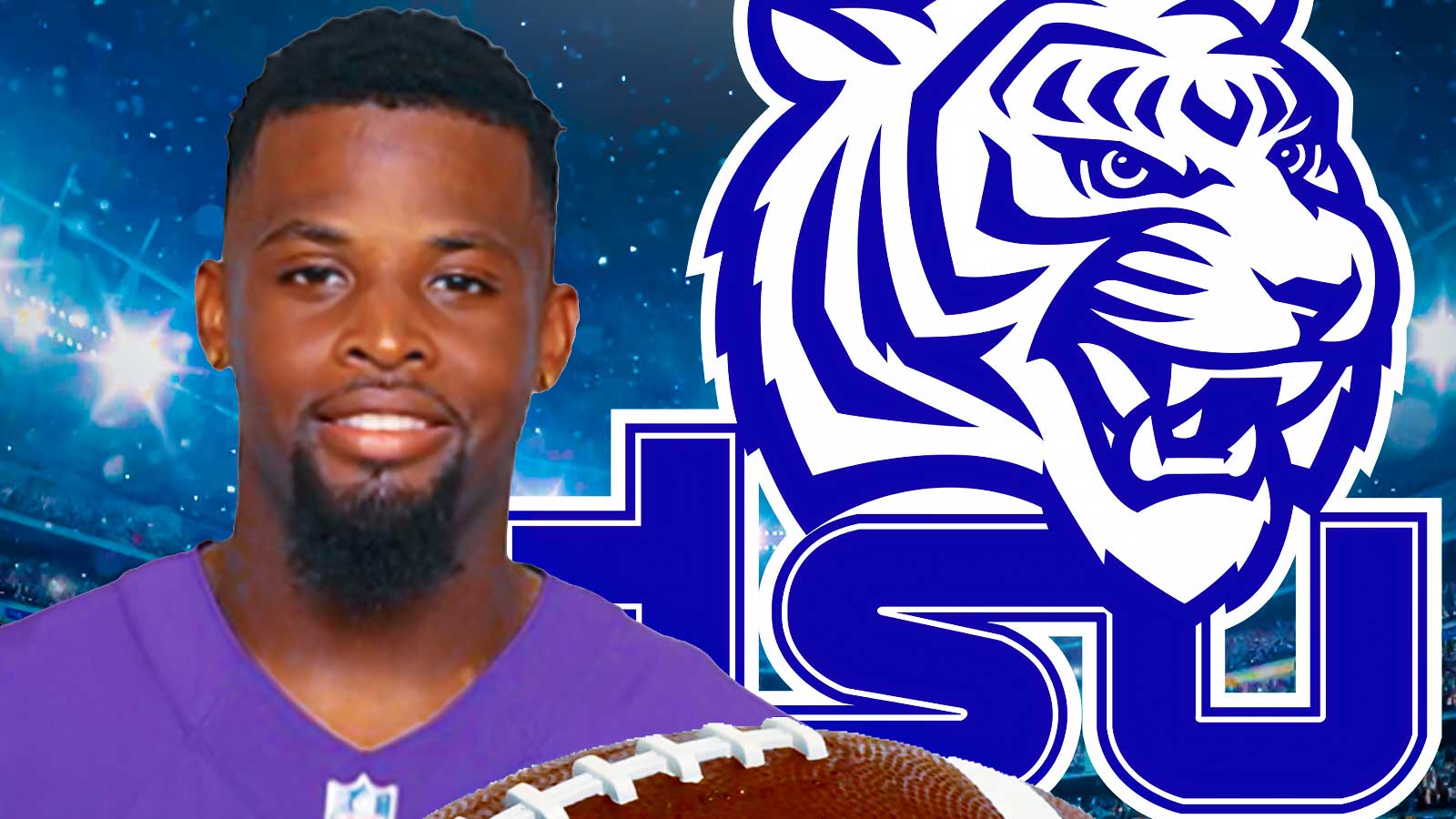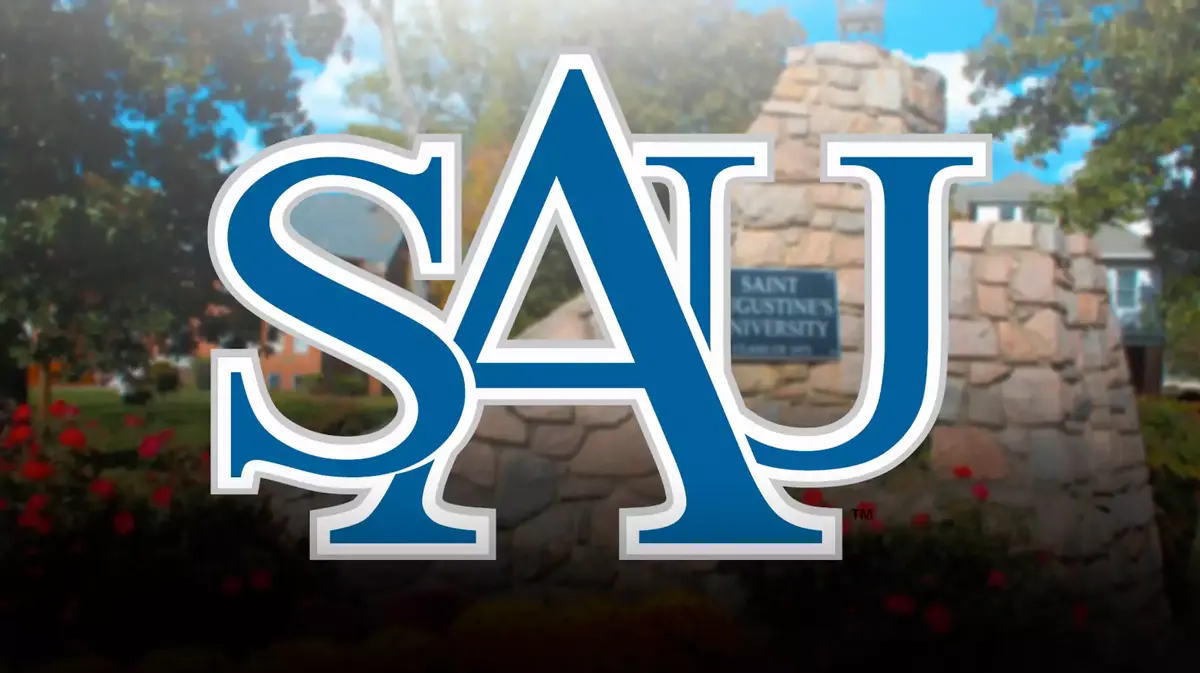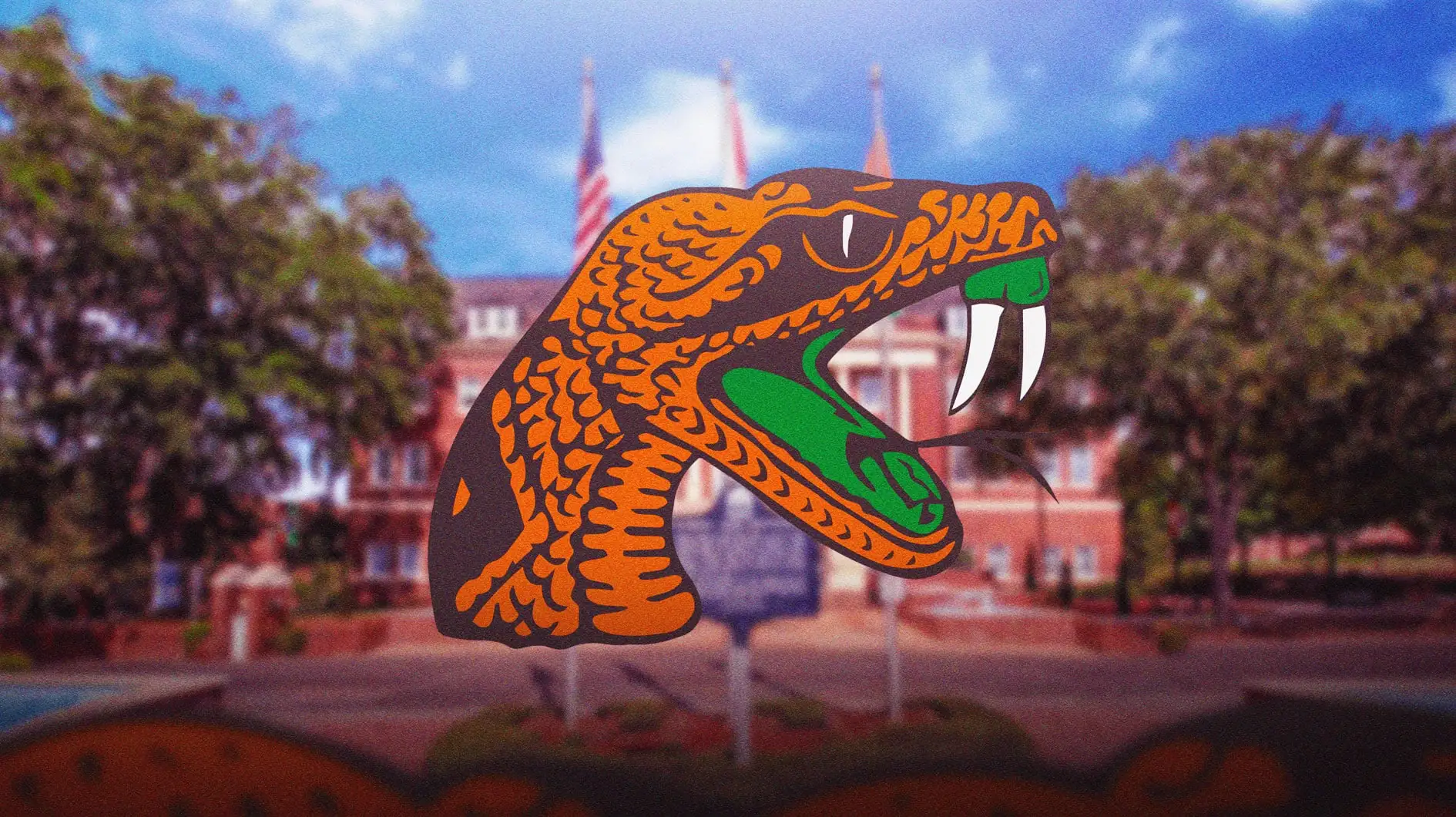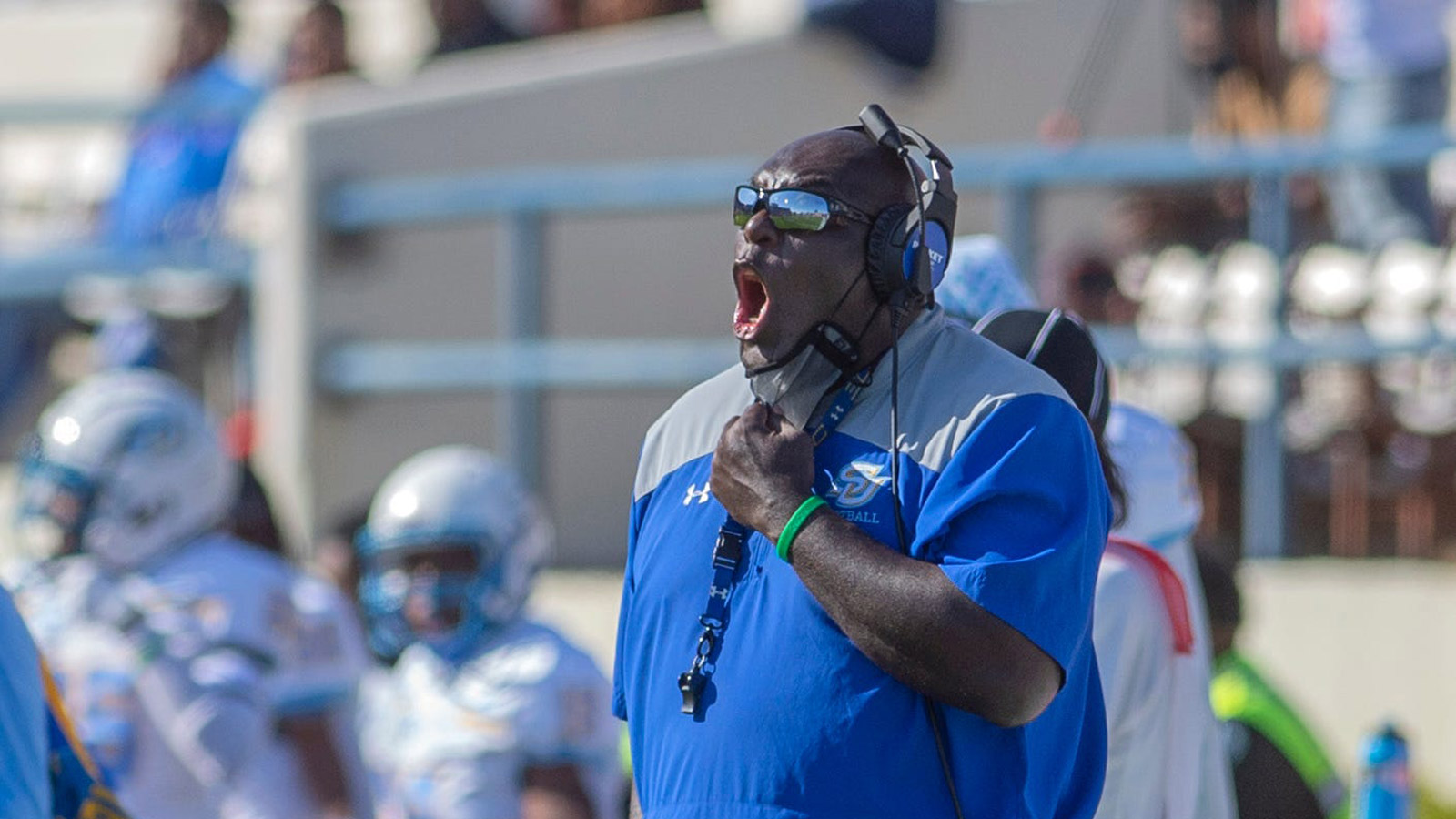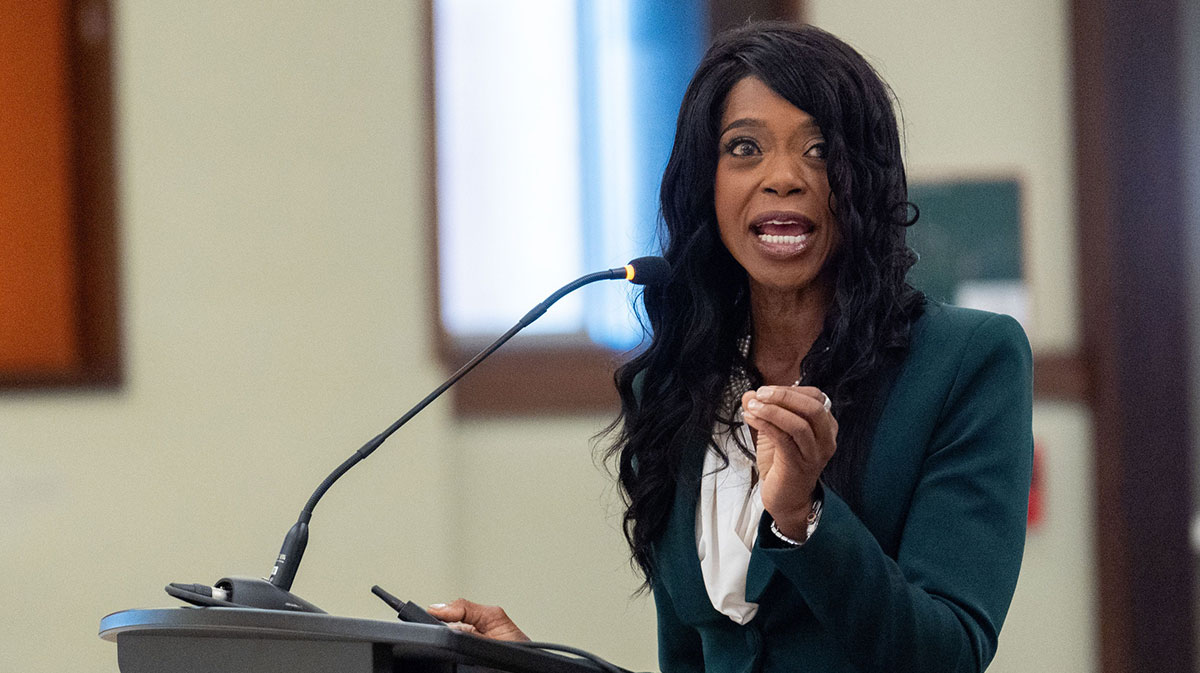HBCU teams are often underdogs in the NCAA Tournament. However, that doesn’t mean they’re lacking in talent. In fact, HBCU teams are responsible for some of the biggest upsets in NCAA history.
Furthermore, we’ve witnessed some of the greatest college basketball players suit up for HBCU basketball teams.
For this piece, let’s rank the greatest HBCU basketball players of all time.
10. Demontrae Jefferson (Texas Southern)
College averages: 18.7 points, 2.6 rebounds, 3.8 assists
Awards: SWAC Rookie of the Year, SWAC Tournament MVP
Barring his controversial exit from Texas Southern University, Demontrae Jefferson electrified college basketball fans despite standing below six feet tall. During his years with the Tigers, Jefferson was the leading scorer of the team. Furthermore, he played an instrumental role in giving the Tigers their first ever victory in the NCAA tournament. Jefferson dropped 25 points in a blowout victory over North Carolina Central.
9. Kyle O’Quinn (Norfolk State)
College averages: 12.5 points, 8.5 rebounds, 0.9 assists
Awards: 2x MEAC Defensive Player of the Year, MEAC Player of the Year, Lou Henson Award
Kyle O’Quinn will be remembered for carrying the Spartans to an upset victory over the second-seeded Missouri in one of the few moments a 15th seed emerged victorious. In the historic game, O’Quinn registered 26 points and 14 rebounds. He eventually went on to play in the NBA, suiting up for the Orlando Magic, New York Knicks, Indiana Pacers, and the Philadelphia 76ers.
8. Reginald Johnson Jr. (Hampton)
College averages: 15.3 points, 3.5 rebounds, 3.0 assists
Awards: MEAC All-Tournament Team, Arthur & Olga Adkins Newcomer of the Year, MEAC Male Student Athlete of the Year, First Team All-MEAC, MEAC Tournament Most Outstanding Player
After playing for University of Miami, Reginald Johnson Jr. went on to star for the Hampton Pirates. He averaged 11.9 points per game in his first year with the Pirates en route to a huge NCAA tournament victory over Manhattan for their first NCAA tournament win in 14 years. In the game, Johnson tallied 15 points. In the following season, Johnson averaged an improved 18.1 points, 3.6 rebounds, and 4.0 dimes per game.
7. Larry Stewart (Coppin State)
College averages: 20.0 points, 11.6 rebounds, 1.2 assists
Awards: 2x MEAC Player of the Year, 2x First Team All-MEAC, Second Team All-MEAC
Larry Stewart is arguably the best basketball player to come out of Coppin State. In fact, Stewart played an instrumental role in leading the Eagles to their first NCAA Tournament appearance. After a stellar college career, Stewart would go on to play in the NBA, having suited up for the Washington Bullets and the Seattle Supersonics.
6. Jervaughn Scales (Southern)
College averages: 20.4 points, 12.5 rebounds, 1.5 assists
Awards: SWAC Player of the Year, 2x First Team All-SWAC
Jervaughn Scales carved out a solid career for Southern University. In fact, during his senior year, Scales once grabbed 32 rebounds, which marked the third highest tally in the post-1973 era. But more importantly, Scales was responsible for the Southern Jaguar’s victory in the 1993 NCAA Tournament, where they beat Georgia Tech, 93-78. Scales dropped a monster 27-18 statline.
5. Larry Smith (Alcorn State)
College averages: 17.6 points, 13.1 rebounds, 2.3 assists
Awards: NCAA rebounding leader, 2x SWAC Player of the Year
Alcorn State became the first HBCU program to win a game in the NCAA tournament. A huge reason for that was the presence of Larry Smith. The Braves rode on Smith’s 18 points and 17 rebound double-double performance to take a 70-62 win over South Alabama. Smith currently sits at third in the scoring and rebounding department of Alcorn State’s all-time record books. After a solid college career, Smith would go on to play for the Golden State Warriors, Houston Rockets, and the San Antonio Spurs in the NBA.
4. Avery Johnson (Southern)
College averages: 9.2 points, 2.6 rebounds, 12.0 assists
Awards: 2x SWAC Player of the Year, 2x NCAA Assists Leader
After playing for New Mexico Junior College and Cameron University, Avery Johnson would take his talents to Southern University. Playing for the Jaguars, despite only suiting up for two seasons, Johnson showcased his ability to facilitate the offense. Although he doesn’t make a major impact in scoring, Johnson made his presence felt by finding his teammates. The Jaguars playmaker led the NCAA in assists twice and took home SWAC Player of the Year in back to back fashion. After college, Johnson would help the San Antonio Spurs win an NBA championship.
3. Charles Oakley (Virginia Union)
College averages: 24.3 points, 17.3 rebounds
Awards: NABC Division II Player of the Year, NCAA Division II Rebounding Leader
Playing for Virginia Union, there was no question that Charles Oakley was one of the best players to ever showcase his wares in NCAA Division II. During his senior year, Oakley led Virginia Union to a nearly untouchable 31-1 win-loss card. As of this writing, Oakley holds the pole position of Virginia Union’s all-time rebounding records.
2. Earl Monroe (Winston-Salem State)
College averages: 26.7 points, 6.0 rebounds
Awards: NCAA College Division Champion, NCAA College Division Tournament MVP, CIAA Leading Scorer
As the star for Winston-Salem State, Earl Monroe dominated in his senior season by averaging 41.5 points per game, including a career-high 68 point explosion. Furthermore, Monroe played an instrumental role in leading Winston-Salem State to a 77-74 victory over Southwest Missouri State for the NCAA College Division Championship with him named as the tournament’s best player. Monroe would go on to become a four time NBA All-Star and won an NBA championship with the New York Knicks.
1. Sam Jones (North Carolina Central)
College averages: 17.8 points
Awards: N/A
Before becoming one of the important pieces of the Boston Celtics dynasty that won 10 NBA championships, Sam Jones first starred for North Carolina Central. He averaged 17.8 points per game in 98 contests. During his four seasons with the Eagles, the team would post a 82-30 win-loss card.

